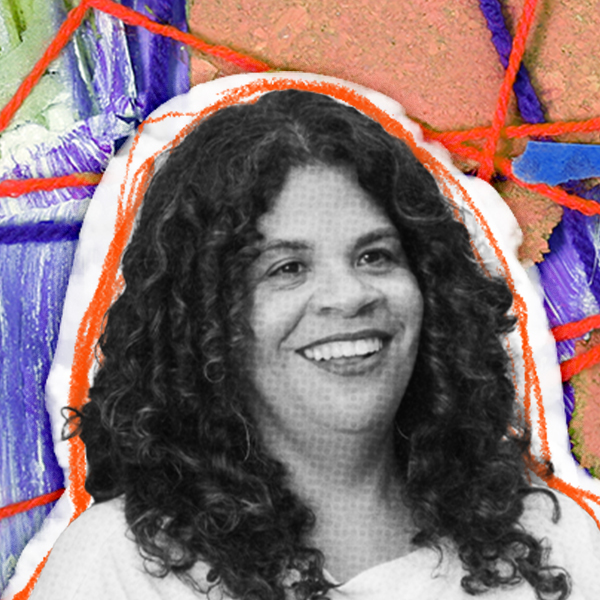Every day I'm on the frontline addressing biases and discrimination. My mornings often start with early meetings, discussing critical issues like children's vaccination statuses. My role takes me from the office to the community, whether it's administering flu shots on a mobile bus or engaging in community events to promote health equity. A significant part of my day is spent rounding both hospitals I oversee, connecting with staff and families to identify and address any equity concerns.
CAREER
Healthcare Social Workers
Overview
Salary Median (2023)
$62,940
Projected Job Growth (2023-2033)
+11.1% (faster than the average)
Career
Roadtrip Nation Leaders in This Career
What Healthcare Social Workers Do
Provide individuals, families, and groups with the psychosocial support needed to cope with chronic, acute, or terminal illnesses. Services include advising family caregivers. Provide patients with information and counseling, and make referrals for other services. May also provide case and care management or interventions designed to promote health, prevent disease, and address barriers to access to healthcare.
Other Job Titles Healthcare Social Workers May Have
Clinical Social Worker, Hospice Social Worker, LMSW (Licensed Master Social Worker), Medical Social Worker, Nephrology Social Worker, Oncology Social Worker, Psychosocial Coordinator, Renal Social Worker, Social Work Case Manager, Social Worker
How Leaders Describe a Typical Day at Work
My days are filled with a unique blend of group facilitation, direct client support, and program management. A significant part of my role involves connecting with clients, sharing my journey of overcoming adversity, and empowering them to discover their own strengths. Peer support is vital, helping clients emotionally navigate their challenges and reintegrate into the community, reducing recidivism.
Tasks & Responsibilities May Include
- Advocate for clients or patients to resolve crises.
- Educate clients about end-of-life symptoms and options to assist them in making informed decisions.
- Collaborate with other professionals to evaluate patients' medical or physical condition and to assess client needs.
- Refer patient, client, or family to community resources to assist in recovery from mental or physical illness and to provide access to services such as financial assistance, legal aid, housing, job placement or education.
- Utilize consultation data and social work experience to plan and coordinate client or patient care and rehabilitation, following through to ensure service efficacy.
This page includes information from theO*NET 29.2 Databaseby the U.S. Department of Labor, Employment and Training Administration (USDOL/ETA). Used under theCC BY 4.0license. O*NET® is a trademark of USDOL/ETA.












